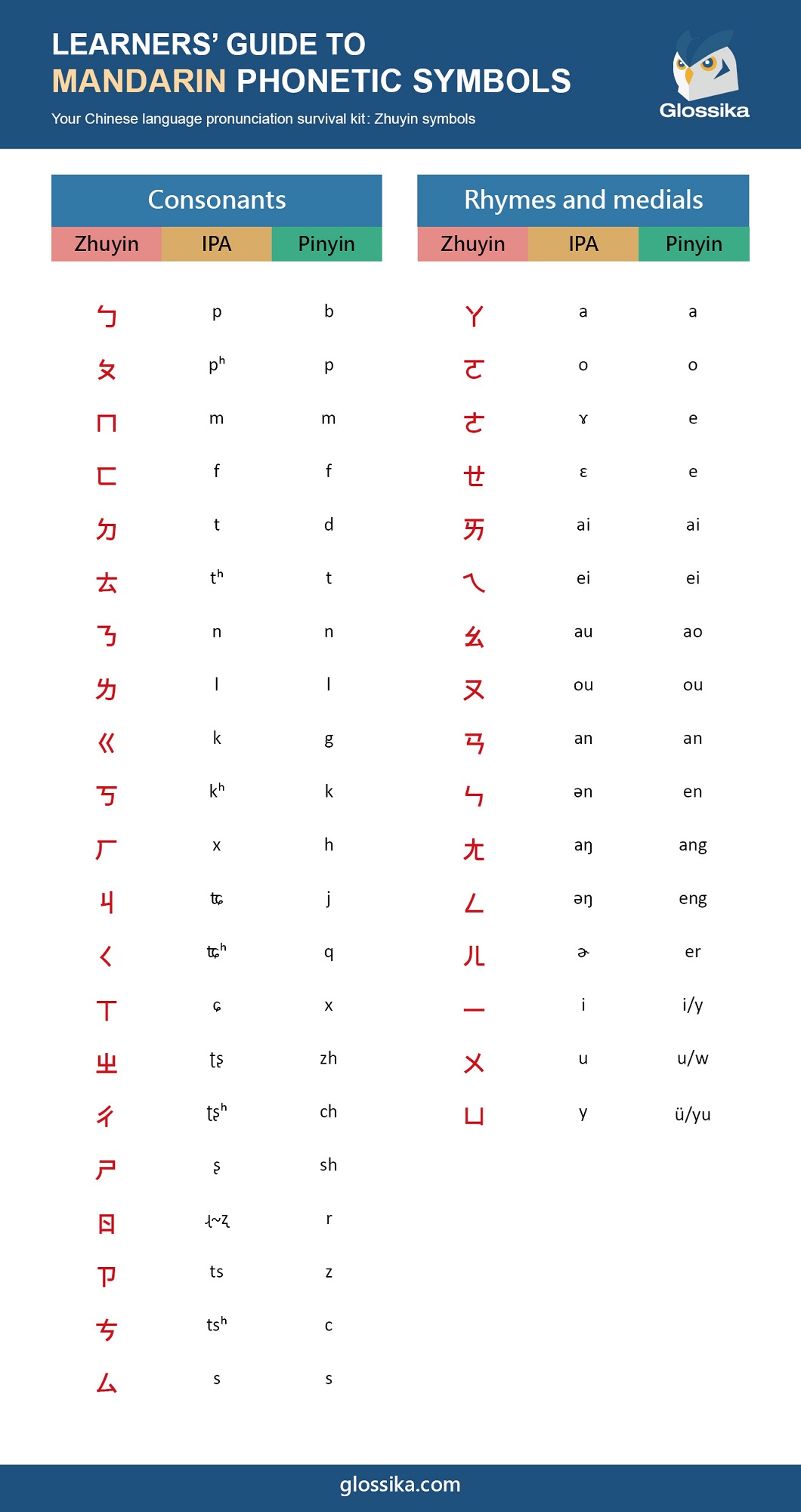Get to Know About Mandarin Chinese Before You Learn It
Mandarin Chinese, one of the most important and widely spoken languages in the world, has a long and rich history that originates from ancient times. To put things into perspective, there are approximately 1.3 billion Chinese-speakers worldwide. That's around one-fifth of the entire planet! In addition, China currently has the second largest economy in the world and has a high degree of influence in many different countries. For these reasons, Mandarin Chinese is one of the most studied languages among language learners.
While the number of Chinese learners have been increasing at an incredibly fast rate in recent years, learning Mandarin Chinese is so much more than simply acquiring a skill for business or travel purposes. Due to China's profound history and culture, Chinese learners are often captivated by the beauty and majesty of the language. With a heritage abounding in calligraphy, poetry, novels, music, paintings, movies, and much more, you'll feel like you're in a completely different world when you fully delve into Chinese culture.
For those of you who have never learned Chinese before, you've probably heard at some point that Chinese is considered to be one of the most difficult languages you can learn. While the writing system is completely different from what you might be used to and is certainly not easy by any means, you'll be surprised to hear that there are some aspects to Mandarin Chinese that are actually easier to learn than English!
Mandarin Chinese Writing Systems
Mandarin Chinese possesses perhaps one of the most difficult writing systems on earth. They key to mastery is in pattern recognition. Here at Glossika, we're developing solutions to help you master complex languages with writing systems, such as Chinese. Chinese also has a phonetic alphabet that you can learn and various romanization systems to help you acquire the pronunciation of Chinese characters. Whichever you choose, these will only be a stepping stone in acquiring how to read Chinese characters which should be your ultimate goal.
On Glossika, each of our Chinese sentences are written out in three wayys:
- In the original Chinese characters
- In Pinyin, a way of spelling Chinese using the alphabet you're familiar with
- In the International Phonetic Alphabet, a special alphabet which shows how a word should be pronounced
In Taiwan, a phonetic alphabet known as Zhuyin is used in place of the Pinyin. It's nicknamed "BoPoMoFo", which is simply the names of the first four characters in the alphabet. While it isn't immediately intelligible to learners like Pinyin is, some learners prefer Zhuyin because it does a better job of fitting one sound to one symbol and because it eliminates any script interference you might face due to bringing English assumptions about how letters are pronounced over to Chinese.

Interesting Facts About Mandarin Chinese
- Unlike English, Mandarin Chinese does not have any verb conjugations or declensions. If you're not familiar with these terms, a verb conjugation is when a verb in its original form is altered or changed depending on factors such as tense or person whereas a noun declension happens when a noun is modified or inflected to accommodate certain grammatical changes in tense, number, etc. So instead of having to learn many different word variations for different circumstances, you can simply use the same word for nearly every situation. This makes the grammar of Chinese fairly simple when compared to other languages.
- Although there are more than 50,000 characters in the Chinese language in total, you really only need to know a fraction of that number in order to read Chinese fluently. You'll be glad to know that the average, educated Chinese person will know about 8,000 characters and you only need to know somewhere between 2,000 and 3,000 Chinese characters in order to read the vast majority of characters used in daily life.
- One of the main things that most Chinese learners struggle with when they first start out is learning the tones. Mandarin Chinese is a tonal language which means that changes in tone or pitch will completely change the meaning of a word. The reason why many people have trouble with tones is because most languages tend not to use any sort of tone changes at all, so this aspect of Mandarin Chinese seems completely foreign to them. In total, there are five tones, one of which being neutral. Each of these tones are indicated via the vowel in pinyin notation.
Achieving Chinese Language Fluency
Eventually achieving Chinese fluency is a journey. There are no shortcuts to completing your end goal! Only by going through the learning process step by step through consistency and perseverance will you get to the point where you feel truly comfortable speaking and reading the Chinese language. Once you've got your foot in the door and know what you're dealing with, we'll provide you with the necessary tools to equip yourself with must-know words and phrases, and a strong understanding of Chinese grammar and pronunciation.
You've probably seen people whose native language is not Chinese speak it so well that it makes you wonder if they've been speaking it their entire lives. Truth of the matter is, there was no magic potion that suddenly gave them the ability to communicate in Chinese so naturally. They too went through many days, months, and years learning and mastering each element of the Chinese language in order to get to that point.
Instead of thinking that Chinese is too difficult for you to learn, take the first step and get started on your language learning journey! We'll be right here to guide you every step of the way so that you can become completely fluently as quicky as possible. You might even surprise yourself when you're able to carry out basic conversations and read simple texts after just a few months!
Sign up on Glossika and Get 1000 Reps of Audio Training for Free:
You May Also Like:





